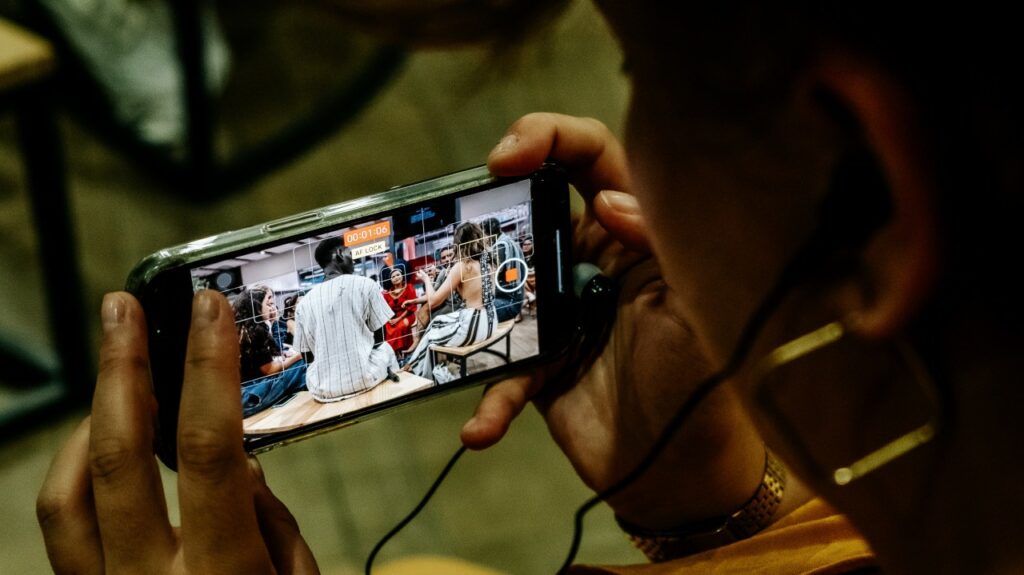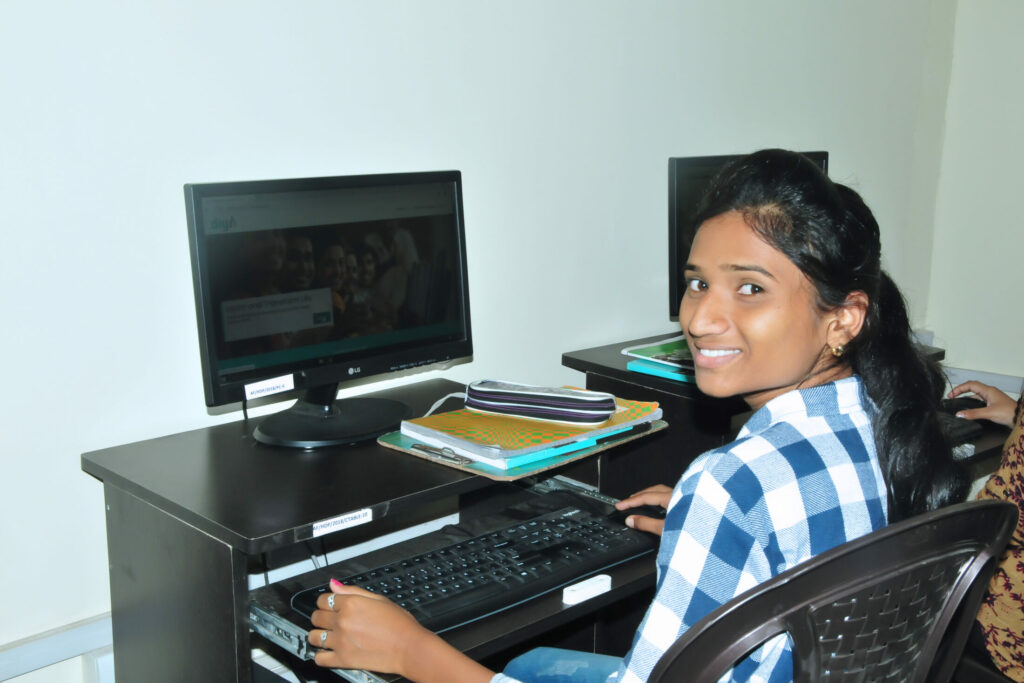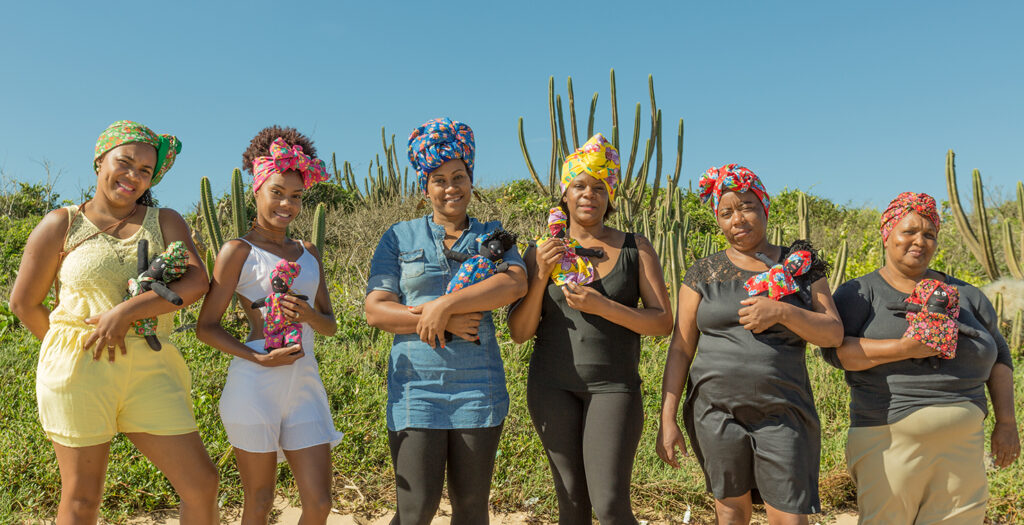Anticipating an Exciting Decade of Transformative Magnitude by Social Good Organizations
10 Years Scouting the Social Good Sphere: Celebrating a Journey Toward a Better Future
It started with an accident. With each mainstream national media poorly investigating transnational issues and challenges, the floor was left to new speakers. That was when I started to realize the existence of a new world. Ten years later, we feel blessed to navigate the Social Good Sphere with a robust compass – social profit – and the conviction that it will soon meet its public recognition: Watch out for more in the next ten years to come.
A long-time journalist and editor of the printed press, I always understood my profession’s value and dignity to be fundamentally dependent on its independence. If you lose it your work merely equates to poor publicity and you end up doing a very different job. Until the printed media I was working for was able to strike a balance between newsstands & subscriptions against advertising revenues, we knew we had a chance to get our information published, provided we had solid info and decent writing. Losing an add page’s revenue would be counterbalanced by some extra newsstand sales or another add page. All good. As long as no one could come back to you and say: “I paid the Piper!”, you knew you are safe.
I still remember when Google launched its search engine in 1998. Google’s tagline at the time – and single marketing obsession – was “no advertising”. Google offered a blank page with a small search box where to insert your terms of choice, then push the ‘enter’ button. That was it.
By the mid-2000s traditional news media were already losing a significant amount of their revenues. Lots of journalists had to think of another profession to make ends meet. Some tried hard to stay around. The least regarding of whom would turn to corporate and political PR jobs. Others would struggle as freelancers – not the perfect position to earn access to info, even to make ends meet every month. Many simply opted out of the profession. The once glamorous job was descending in flames from its lofty position where it used to dominate with arrogance other sources of information and opinions. The public sphere was about to invent new forms of civil debating.
When the mainstream media understand the economic and social impact of the Social Good Sphere, we shall witness a complete change of course. For the better.
In 2008, I joined an extraordinary adventure led by a former colleague whom I met at Le Monde – I was 25 when I signed to join the most prestigious French daily newspaper as a junior publisher and head of the first-ever internal R&D lab. At the time, that colleague was already seen as royalty, attributing himself the privilege of breaking into the office of our director, André Fontaine, to claim (day after day) the front page’s headline. Years after we both left Le Monde, we met again as he was launching an online newspaper. He had a newsroom of roughly 30 decent journalists, and it was clear to me that such a team was strong enough to break great stories. Before joining, I spoke to some of my former journalists who were excited to be part of that new media, but possibly a little concerned about their new editor’s reputation as a patron de gauche. Not truly a perfect accolade in their view. Still, the adventure promised to be exciting. If its economic model made it, it would send a positive message to every European media publisher, including myself: there was still a future for journalists and the democratic sphere. So, I decided to take my new lesson and, as I was kindly requested to build the company on top of that new media – it was a 6-month-old infant still far from breaking even -, I was rushed to the battlefront. This was also the time when my family had moved to Geneva, and it proved to be difficult spending so much time on high-speed trains between Paris and Geneva. With Mediapart’s readership triple the size it had when I came in, I decided that it was a good time for moving closer to my family and relocated on a full-time basis to Switzerland.
Geneva is a wealthy city, calm if not sleepy, where one can feel he/she belongs to a cast of privilégiés of its own. Imagine my surprise when back then, Geneva revealed its new touristic tagline to be more attractive: Genève, un monde en soi. Trust your French here, even if you don’t have any, and if you’re not confined, you may survive that translating effort. Money seemed to flow gently into any Swiss pocket (fair enough) and for the ‘Foreign legion’of expats and “frontaliers” working in the Canton, they would be working hard in an off-the-Swiss-grid world doing their best to keep their privilege of the day. Among that international scene, many were incredibly knowledgeable about international and transnational issues. You could not dream of a spot with a greater concentration of primary sources – exactly what you need when looking for a good exclusive story. And to my amazement, they looked all but completely ignored by most local and international media. In a time of globalization, Geneva and New York stood as global capital cities, but with few journalists and media available to investigate this. The old country-centrism approach was in play. “None of our compatriots in that story? Well, then we don’t mind the article.” That was the usual thinking for editors in Berlin, Sao Paulo, Johannesburg… And, consequently, foreign journalists living in and around Geneva were struggling to make ends meet. With no budget, their editors had little to care about these experts. With this decline playing out in the open, another group of people was thriving: the NGO folks had the floor for themselves on most of the transnational issues. That was my wake-up call.
The idea of scoring and ranking ‘NGOs’ came out of that. Almost an accident. Who were these people imposing their views, occupying the public debate, and liaising between experts of international and transnational organizations and the public sphere? With social messaging spinning out of control, there was no longer an inter-mediator to ask the NGOs the necessary who, what, why, when, how much… The ranking was another way to question these organizations. I almost saw it as a provocation and was expecting some dire critics. And we had some. A couple of unemployed development experts aimed at us and our “damned” rankings. Understandably their heated reactions possibly helped gain visibility for their resume. More to the point, we have had very positive feedback and rapidly gained support to keep putting questions regarding the “White Knights’ of the nonprofit world.
It is already ten years and counting, and we keep discovering new organizations, new faces, and fresh challenges. That probably will never stop. Good for us. But this would be missing one key point. The urgency within each issue addressed by these organizations is certainly an engine for progress to their own governance and leadership, one that is questioning the way people want to organize themselves and secure lasting success and impact.
During that decade, we have seen a complete transformation at work and can no longer align the reality we observe every day with terms that have become unfit to encompass it. We see a melting pot where people are engaging in daunting fights for the better, we see humanitarians, we see social entrepreneurs, we see advocates, we see impact investors, and on the boundaries, we see activists that play a more political game. We see people with no fear, people who dare innovate and mix all forms of structuring, management, and funding, to reach their objectives. The non-governmental organizations relying on government funding is a story of the past. We’re all done with that.
From that first decade, all that positive pressure has already had systemic consequences. The nonprofit idea and its sense of conceptual emptiness are now overcome by the notion of social profit and social good. That’s our conviction.
Holding our breath and building on what we’ve learned so far, we are now embarking on another decade of work. We will no longer talk charities or NGOs. We will report and watch social good organizations of multiple natures. We will open and stimulate a constant debate within the Social Good Sphere. With everyone feeling that this is the best way to grow its influence, impact, and transformative might.
Related articles

The 2025 World Top SGOs Are Live

The list of Official Contenders for the 2023 rankings will begin to appear by December 1st, 2022. Time to join and update profile.
Time to Join the 2023 Contests: Become a Top SGO List’s Official Contender

In 2022, the USA 100 SGOs and the BRAZIL 25 SGOs are paving the way for more in 2023.